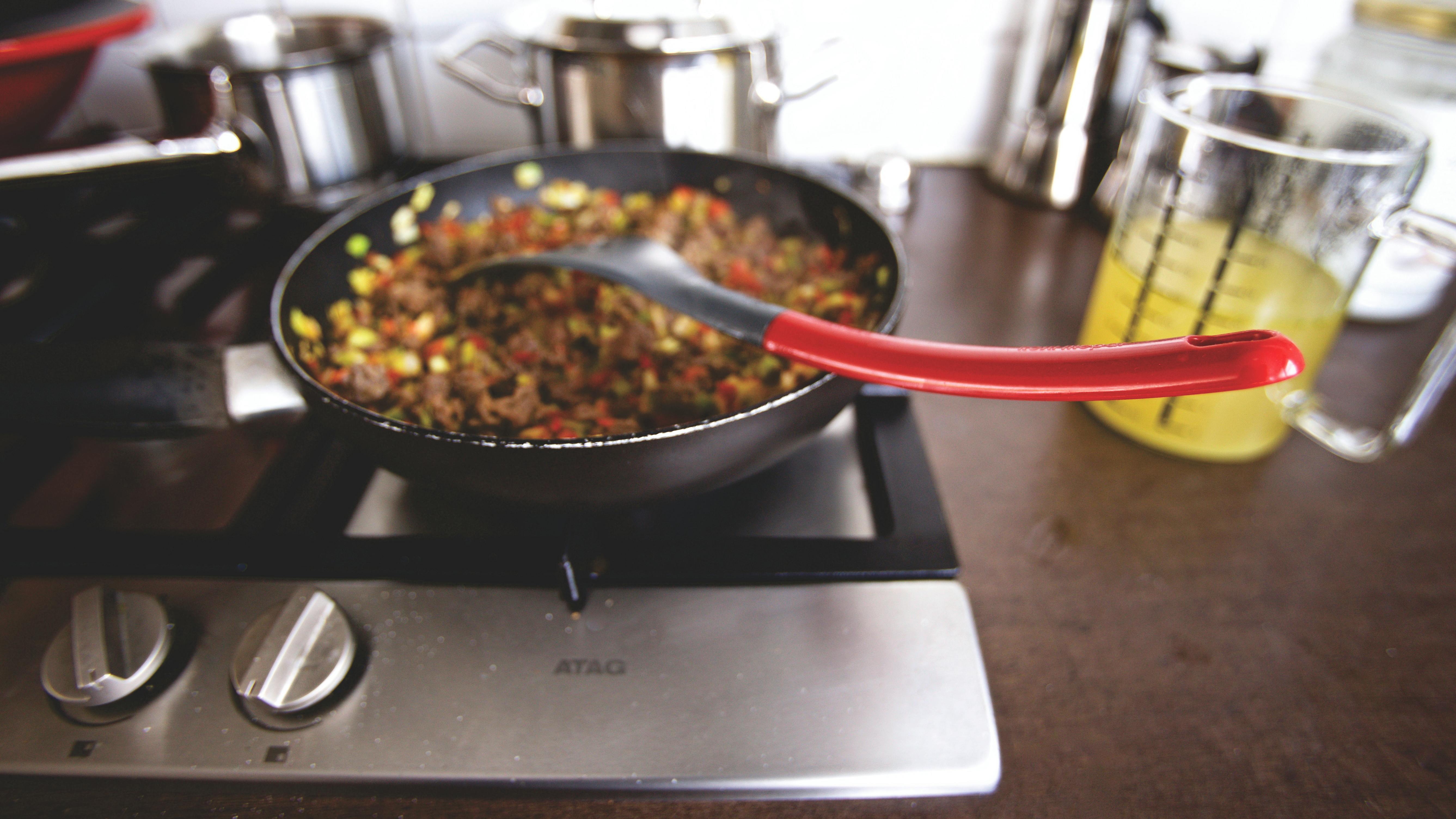What is a mixer? Well, a mixer is any machine that is used to mix various ingredients. In general they are of two types; Continuous and discontinuous mixers. In continuous concrete mixers, the loading of contents, mixing and unloading is a continuous process and continues indefinitely. Whereas in batch concrete mixers, loading, mixing and unloading can be done only for a defined amount and for a defined period of time.
However, the principle behind the mixing process remains the same for batch and continuous mixers and is more or less like a long screw. In other words, the mixing of the ingredients is done by means of blades or paddles that are mounted on rotating shafts. Based on the structure, concrete mixers are broadly classified into three types:
1. Gravity
2. rotary
3. Paddling
However, when it comes to buying or renting a concrete mixer, performance and requirements will be taken into account. For example, if you are looking for a mixer that needs to run for an indefinite period of time to mix large quantities, then the continuous mixer is the best option. In case the amount of mixing is less or for a short period of time, the batch mixer will serve the purpose.
To better understand the differences between a batch and continuous mixer, let’s compare the D-10 batch mixer and the D-25 continuous mixer. Both the D-10 and D-25 can mix all types of ready-mix mortar products, but the D-10 can mix products in batches up to 2.25 cubic feet, while the D-25 can mix products in any quantity. .
Similarly, the capacity of the D-10 batch mixer is 4.5 cubic feet, while the capacity of the D-25 is up to 80 cubic feet per hour. The D-10 Batch Mixer dimensions are 45″H x 36″L x 29″W and the D-25 is 74″ x 30″ x 47″. Therefore, the main differences between the D-10 and D-25 mixers are only in terms of capacity, dimensions and operating hours. Other than that, both the D-10 and D-25 share common advantages such as:
1. Variable pump output
2. Easy to use
3. Can be operated via remote control
4. Compact and easy to use
5. Almost maintenance free due to the incorporation of high quality components.
6. Versatile applications, etc.
Therefore, the choice of the concrete mixer depends on the requirements of your business. If you have large projects at hand, go for a continuous mixer, while if you are looking for a small project with minimal mixing operation, go for a batch mixer.



